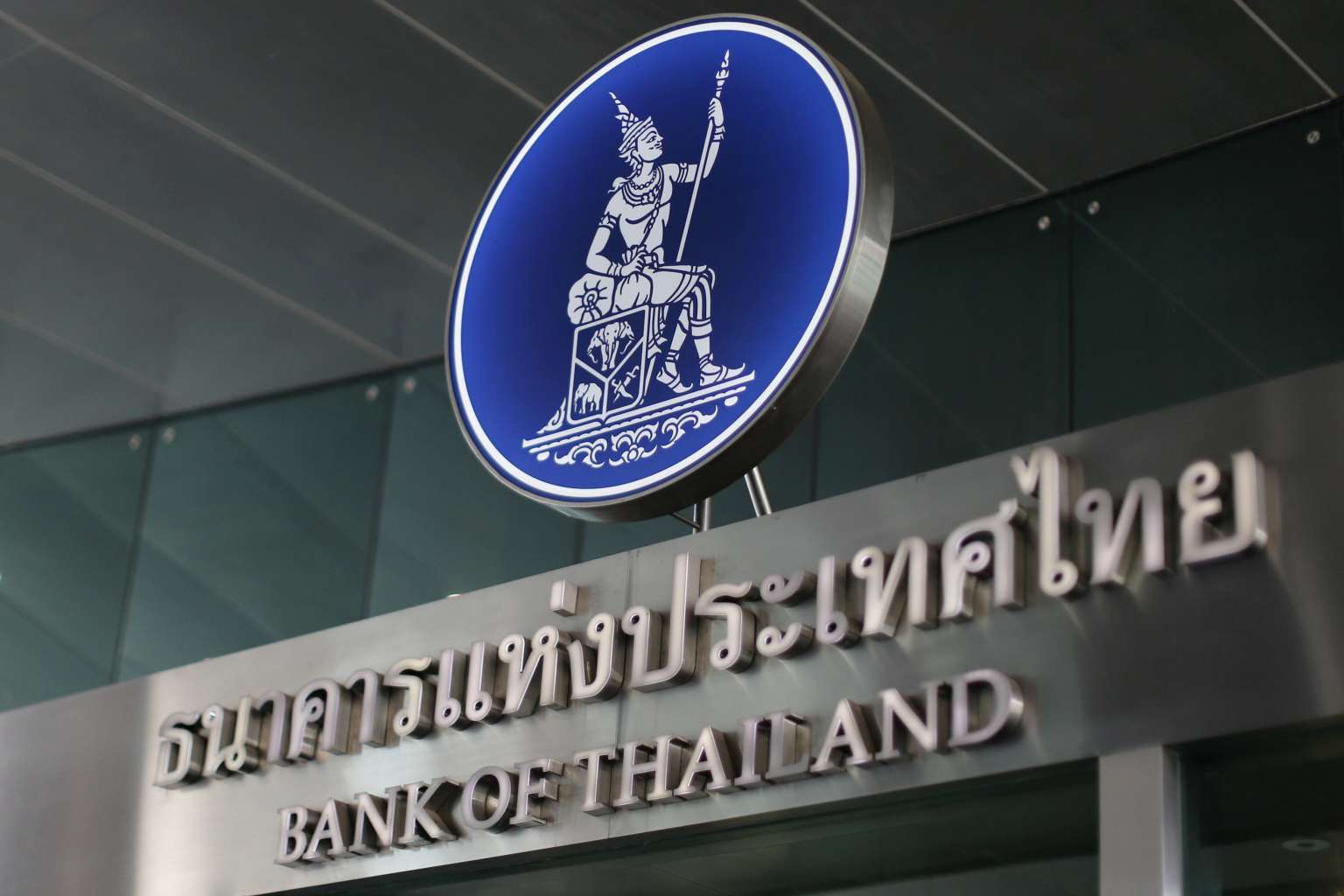The Bank of Thailand (BoT) has become the latest monetary regulator to jump into the central bank digital currency (CBDC) bandwagon with the announcement of a project to develop the prototype of a decentralized payment system for businesses.
The CBDC prototype will be based on Project Inthanon, a distributed ledger project initiated by the Thai central bank with collaboration from the country’s top eight commercial banks.
The scope of the project will include conducting a feasibility study and developing a process to integrate CBDC with the business’ innovative platform, the announcement detailed.
The new prototype project is scheduled to start next month and expected to continue until the end of this year when the central bank will publish the summary and outcomes of the project publicly.
According to BoT, the project marks an important step in broadening CBDC’s scope and adoption to wider audiences, starting with large corporates. The prototype CBDC will be integrated with the procurement and financial management systems of the Siam Cement Public Company and its suppliers developed by Digital Ventures Company.
The central bank is expecting that the prototype will make the business Payments more efficient and increasing flexibility for fund transfers, or delivering faster and more agile payments between suppliers.
Government and private players are working together on DLT
BoT also updated that the proof-of-concept for domestic wholesale funds transfer has been completed in January along with the completion of the cross-border transfer prototype co-developed with the Hong Kong Monetary Authority (HKMA). All the partners will now test the CBDC for additional use cases for cross-border transfers.
Meanwhile, other central banks are also seriously considering the development of CBDC. The South Korean central bank recently appointed a legal advisory group for studying CBDC following the launch of a pilot program.
In Europe, the Bank of France is also testing digital euro collaborating with private banks.

















